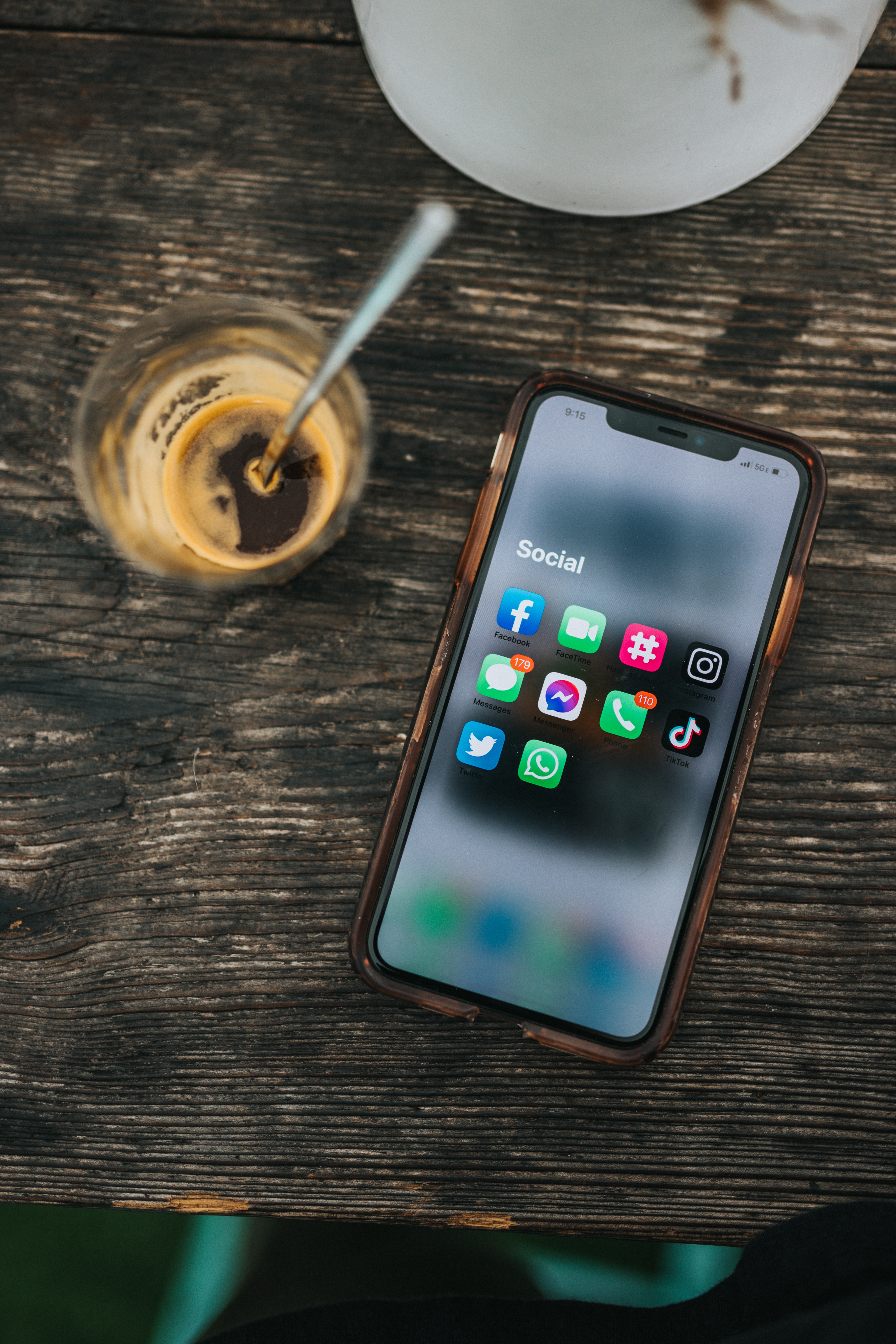When we talk about “channels leveraged for influencer marketing,” we are referring to the various platforms or channels through which influencers promote products or services on behalf of brands. These channels include social media platforms, blogs, YouTube, podcasts, and other digital media channels.
Social media platforms are the most commonly used channels for influencer marketing. These platforms include Instagram, TikTok, Facebook, Twitter, and LinkedIn. Brands work with influencers to create sponsored content, such as posts, stories, and videos, that promote their products or services to the influencer’s followers.
Blogs are also a popular channel for influencer marketing. Brands work with influencers to create sponsored blog posts that promote their products or services. These posts can include product reviews, how-to guides, or other types of content that align with the brand’s messaging and goals.
YouTube is another popular channel for influencer marketing. Brands work with influencers to create sponsored videos that promote their products or services. These videos can include product reviews, unboxing videos, or other types of content that showcase the product or service in a positive light.
Podcasts are also becoming an increasingly popular channel for influencer marketing. Brands work with influencers to create sponsored podcast episodes that promote their products or services. These episodes can include product reviews, interviews, or other types of content that align with the brand’s messaging and goals.
Influencer marketing channels are not limited to digital media. Some brands work with influencers to promote their products or services at live events or through traditional media channels such as television, radio, or print.
Overall, the channels leveraged for influencer marketing are diverse, and the choice of channel will depend on the brand’s goals, target audience, and budget. By choosing the right channel and working with the right influencer, brands can reach their target audience and achieve their marketing objectives.
Here are some additional details about the various channels that are leveraged for influencer marketing:
- Social Media Platforms: Social media platforms are by far the most commonly used channels for influencer marketing. Instagram, for example, has become a popular platform for sponsored posts and collaborations between brands and influencers. TikTok is also gaining popularity as a platform for influencer marketing, particularly among younger audiences. Facebook, Twitter, and LinkedIn are also used for influencer marketing, though they may be less effective for certain types of campaigns.
- Blogs: Blogs have been a popular platform for influencer marketing for many years. Brands work with influencers to create sponsored blog posts that promote their products or services. Blogs allow for more in-depth content than social media posts and can be effective for reaching audiences that are interested in a particular topic or niche.
- YouTube: YouTube is a popular platform for influencer marketing, particularly for products that require demonstration or explanation. Brands work with influencers to create sponsored videos that promote their products or services. YouTube videos can be effective for reaching audiences that are interested in a particular topic or niche.
- Podcasts: Podcasts are a relatively new channel for influencer marketing, but they are growing in popularity. Brands work with influencers to create sponsored podcast episodes that promote their products or services. Podcasts can be effective for reaching audiences that are interested in a particular topic or niche.
- Live Events: Some brands work with influencers to promote their products or services at live events. This can include events like trade shows, conferences, or product launches. Live events can be effective for reaching audiences that are interested in a particular industry or niche.
- Traditional Media: While digital media is the most common channel for influencer marketing, some brands also work with influencers to promote their products or services through traditional media channels like television, radio, or print. This can be effective for reaching audiences that are not as active on digital platforms.
- Influencer Takeovers: This type of influencer marketing involves an influencer taking over a brand’s social media account for a set period of time. During the takeover, the influencer will post content that aligns with the brand’s messaging and goals. Influencer takeovers can be effective for increasing brand awareness and engaging with a new audience.
- Affiliate Marketing: Affiliate marketing involves influencers promoting a brand’s products or services through unique referral links. When a follower clicks on the link and makes a purchase, the influencer earns a commission. This type of influencer marketing can be effective for driving sales and measuring ROI.
- Ambassador Programs: Ambassador programs involve brands working with influencers on an ongoing basis to promote their products or services. Ambassadors are typically provided with exclusive access to products or services, as well as special promotions or discounts to share with their followers. This type of influencer marketing can be effective for building long-term relationships with influencers and creating a sense of loyalty to the brand.
- Influencer Events: Influencer events involve brands hosting events or experiences that are specifically designed for influencers. This can include product launches, VIP events, or other types of experiences that allow influencers to interact with the brand and its products or services. Influencer events can be effective for creating buzz around a new product or service and generating content for social media.
- Influencer Co-Creation: Influencer co-creation involves brands working with influencers to create new products or services. This can include collaborating on product design, creating custom content, or even launching a new product line together. Influencer co-creation can be effective for generating unique content and building buzz around a new product or service.
Overall, the choice of influencer marketing channel will depend on a variety of factors, including the brand’s goals, target audience, and budget. By selecting the right channel and working with the right influencers, brands can reach their target audience and achieve their marketing objectives.

